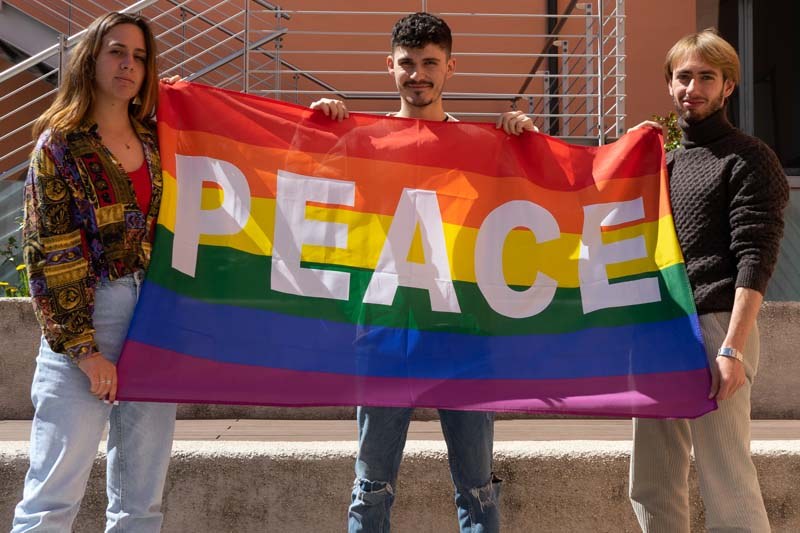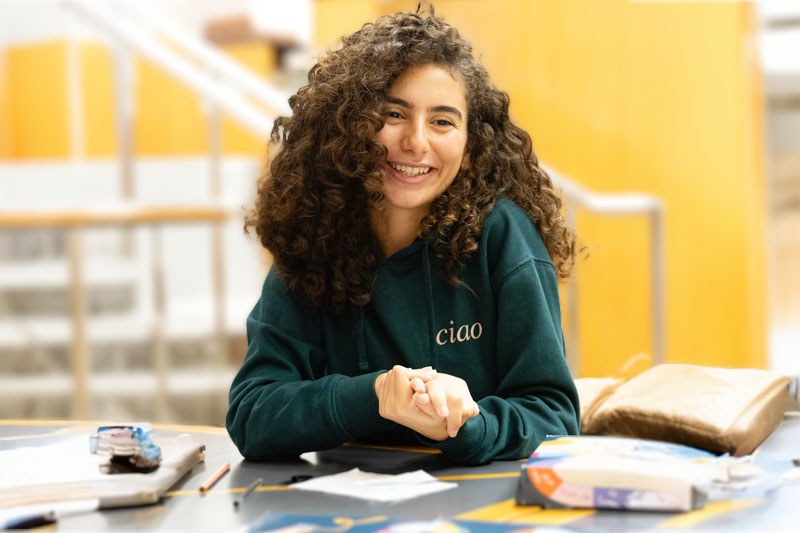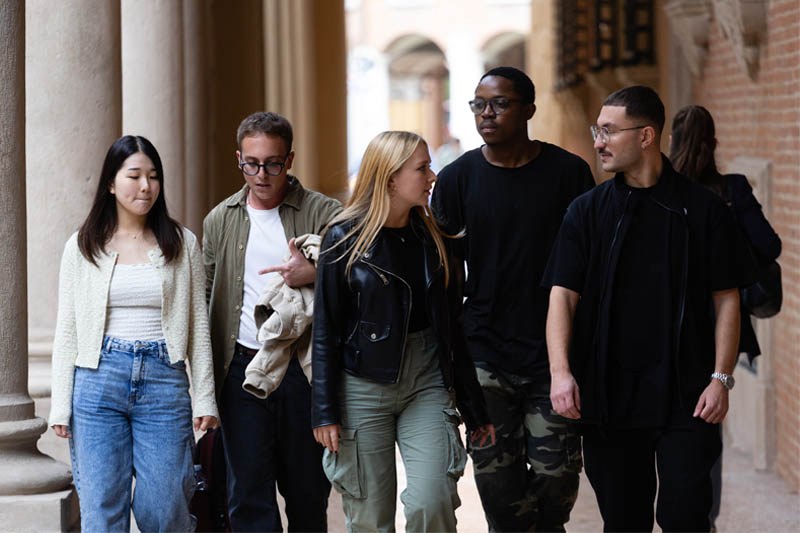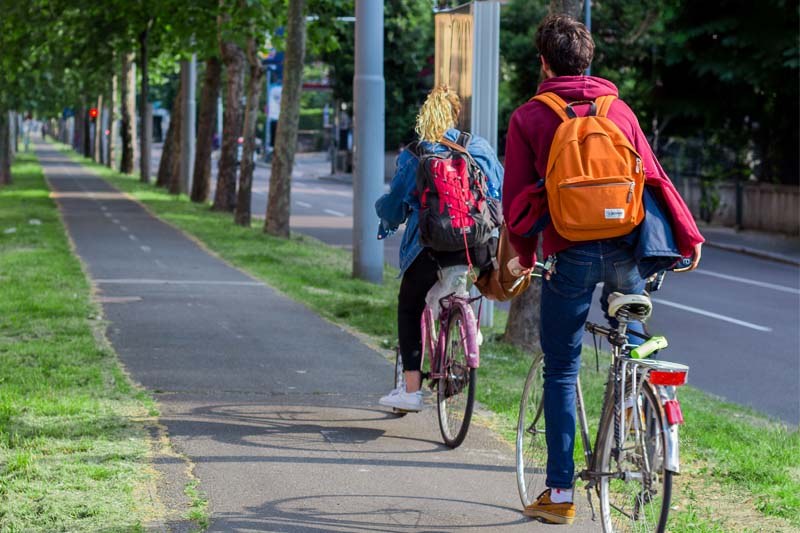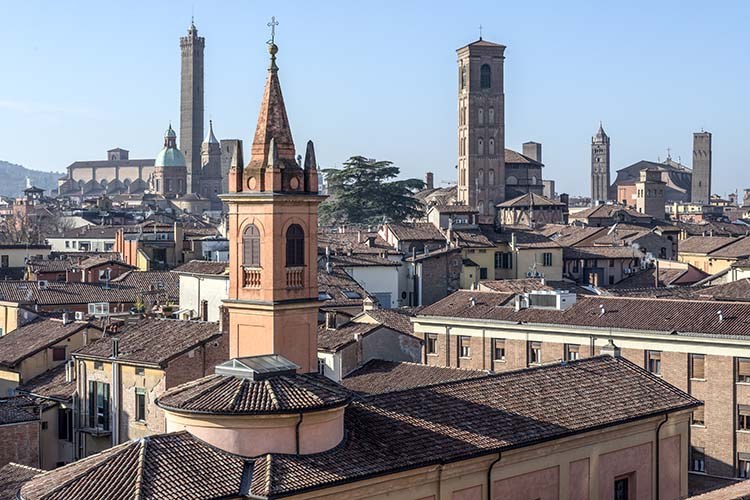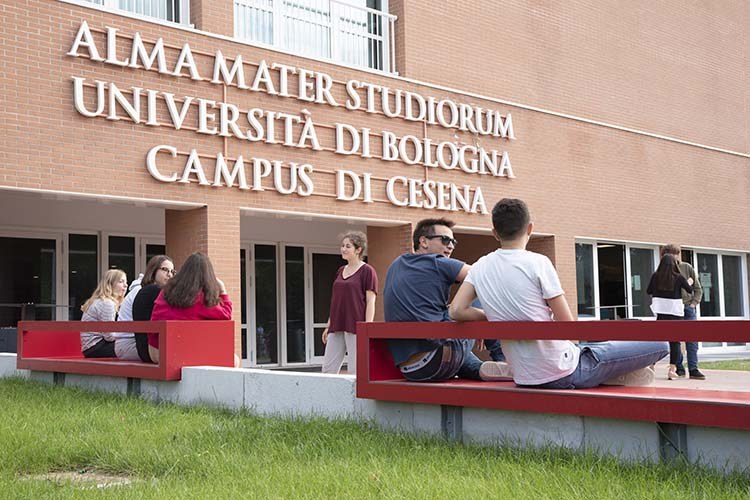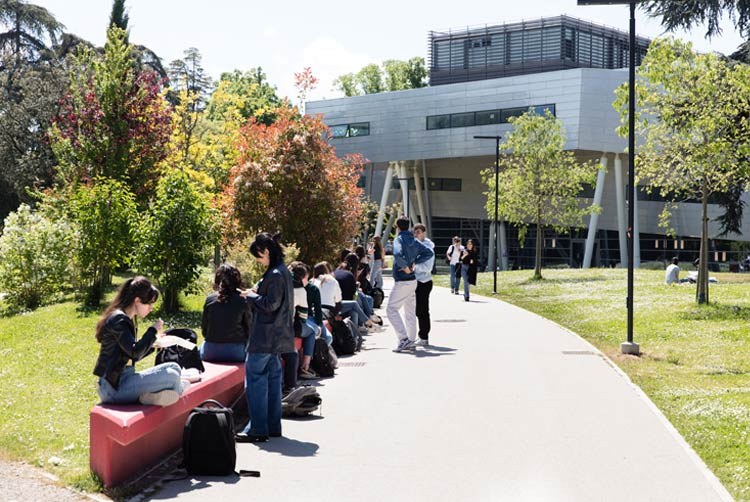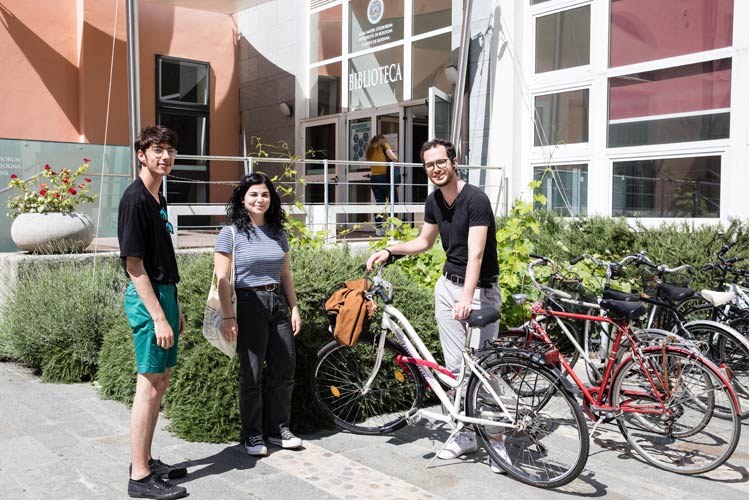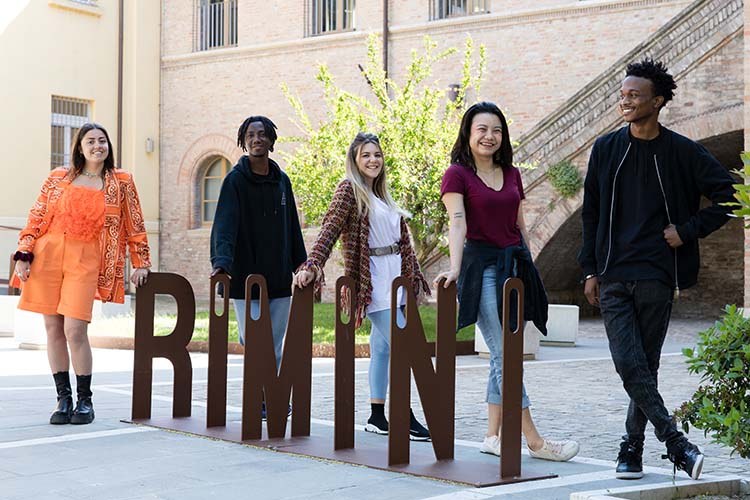Home page

New exhibitions at the Specola and Palazzo Poggi Museums
A journey through history, science, and innovation, restored to the city.

Places of Knowledge and Art
The spaces of the university’s cultural heritage that house museums, libraries, and archives.
Highlights

The stories hidden in the ancient fragments of tattooed skin
The analysis of the ancient artefacts preserved in the “Luigi Cattaneo” Anatomical Wax Collection of the University of Bologna has revealed a new perspective on the material and symbolic culture of the 19th century, including religious motifs and themes of a personal, amorous and erotic nature.

The University of Bologna's 2026-2028 Budget Plan
Despite a context of resources not aligned with the growth of recent years, the University remains committed to maintaining and improving quality and performance across all areas: teaching, research, student services, third mission and operations.
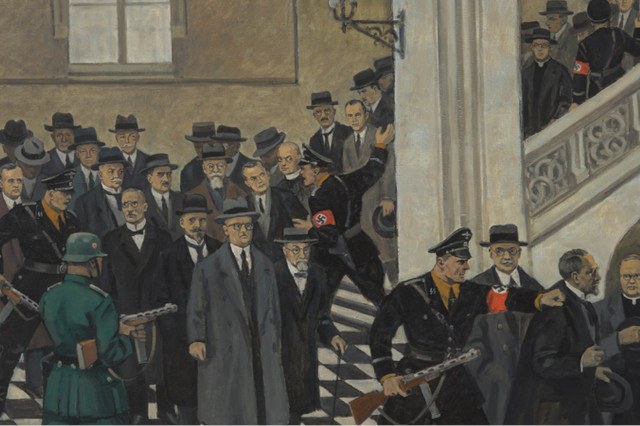
“Dissonant Legacies”: a new virtual exhibition rethinking University heritage
Available on the Unveiling University Heritage in the Digital Era platform, it invites visitors to confront the most complex aspects of Europe’s academic history, exploring themes such as colonialism, totalitarian regimes, discrimination and museum practices today considered problematic.
Voices, stories, ideas
"Something's good if you're sharing it with someone else!"
Ceylin, international students from Turkey
"Finding a community in Bologna was a very easy process."
Federico, international student from Argentina
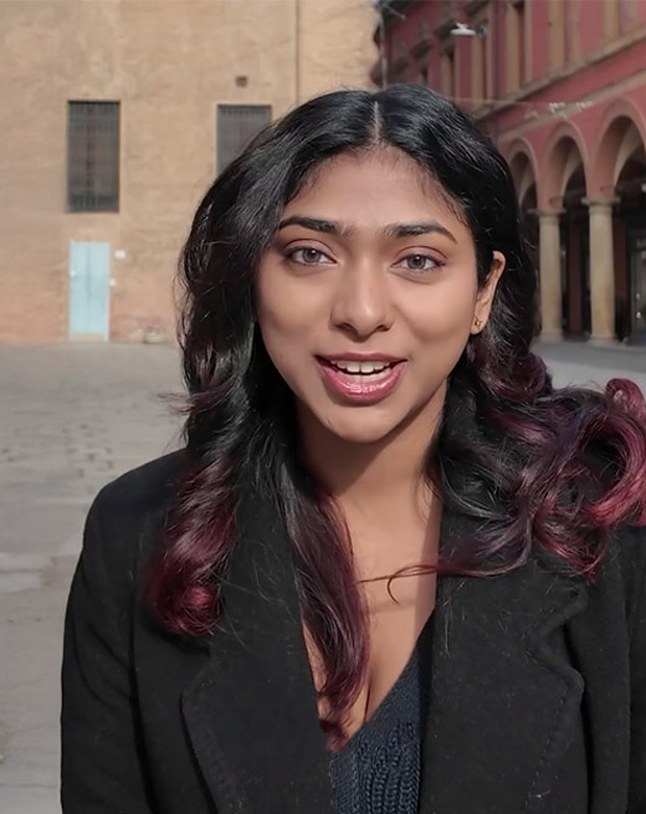
What do you like best about your life here?
Aiswarya, who won a scholarship for international students, tells us about it.
From research to society

Vera Rubin Observatory: a new era for astronomy
From the first images of the sky to the survey that will scan the cosmos for ten years: the Department of Physics and Astronomy “Augusto Righi” (DIFA) is playing a key role in a telescope set to transform astronomical observation. Members of the team share the story.

Getting lost and finding your way again: how our sense of direction works
We spoke with Raffaella Nori, Professor at the Renzo Canestrari Department of Psychology, whose research focuses on spatial memory, about how we find our way in unfamiliar places, gender stereotypes, orientation disorders, navigation tools, online maps and virtual reality.

Spatial policies and freedom of movement
An expert in the geography of migration, tourism and geographical theory, Professor Claudio Minca from the Department of History and Cultures at the University of Bologna explains how freedom of movement is never the same for everyone, and how these differences translate into selective spatial practices in places that we all pass through every day: borders, cities, infrastructural nodes, spaces of hospitality, and so on.

